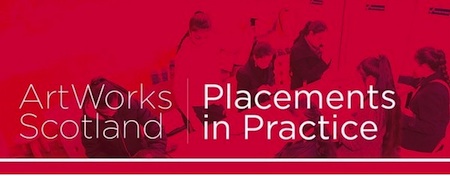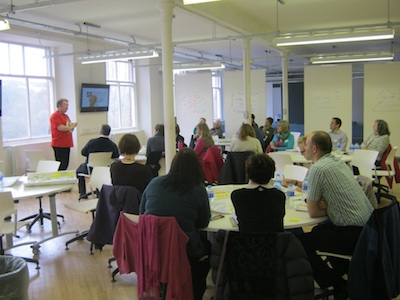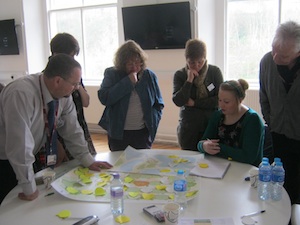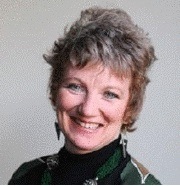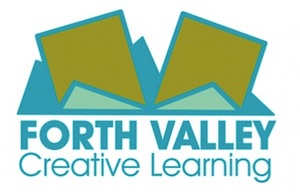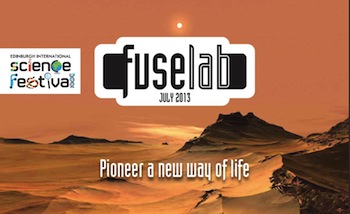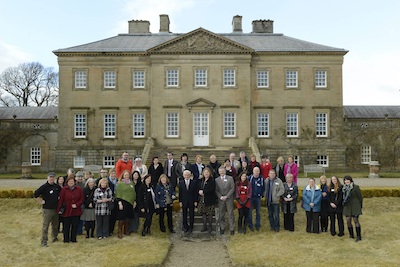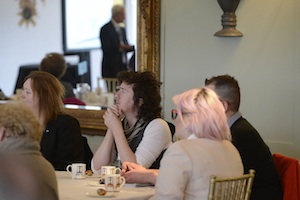 Tuesday 18th June
Tuesday 18th June
Wild Ideas – Celebrating Failure and Success (1000-1500)
West Highland College UHI, Carmichael Way, Fort William
In the first part of the day, the West Highland Way Walkers who will just have completed their 5 day walk, led by young people from West Highland College will exhibit the dangerous ideas that grew during their journey in the wild. In the second half of the day, Outward Bound will lead a session that will explore how they have used the research on Mindsets to develop their work with young people
View Programme and Book Online
Wednesday 19th am and pm
Modern Assessment Tools to Match Modern Literacy Practices in These Dangerous Times
College Development Network, Argyll Court, Stirling (1030-1230)
In order for pedagogy to stay aligned with this seismic shift in communication, how could the ubiquitous practice of digital photography be used as an assessment tool?
View Programme and Book Online
Dangerous Assessment Conference (1300-1600)
College Development Network, Argyll Court, Stirling
Alastair Pollitt from UCLES will put forward the argument that we stop marking exam papers.
View Programme and Book Online
Thursday 20 June 2013
Learning Through Gaming (1000-1600)
Dundee College, Gardyne Campus
As part of the Festival of Dangerous Ideas, participants at the event are encouraged be as ‘dangerous’ as possible in considering how gaming can influence pedagogy and encourage greater engagement with learning.
Speakers include Chris van der Kuyl of brightsolid, Derek Robertson of Education Scotland and David Renton of Reid Kerr College.
